Dead Cat Bounce Idiom Origin
The phrase has been used on the trading floors for many years. Whats the origin of the phrase Dead cat bounce.
First Known Use of dead-cat bounce 1985 in the meaning defined above History and Etymology for dead-cat bounce from the facetious notion that even a dead cat would bounce slightly if dropped from a sufficient height.
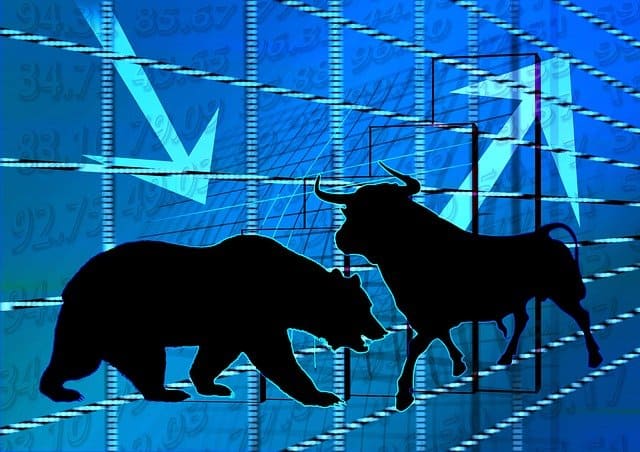
Dead cat bounce idiom origin. The monkey got the chestnuts but the cat got burned. False hopes are. It alludes to throwing a dead cat against a wall from which it will bounce but remain dead.
The fact of it bouncing does not reliably indicate that the cat is alive after all. Jaguar advertising slogan. This dictionary also states that the phrase is of American-English origin and the earliest quotation that it provides is from 1985.
Dead cat bounce A surprisingly quick but short-lived recovery from adversity. The first time this phrase occurred was in 1985 when the Singaporean and Malaysian markets bounced after a very strong bear market declined. It is derived from the notion that even a dead cat will bounce if it falls from a great height.
This applies to stocks or commodities that have gone into free-fall. In finance a dead cat bounce is a small brief recovery in the price of a declining stock. Dead cat bounce means a temporary and automatic recovery from a major drop in a stocks price as buyers look for bargains.
The origin of the dead cat bounce phrase comes from the East. However the earliest recorded use of the phrase dates from 1985 when the Singaporean and Malaysian stock markets bounced back after a hard fall during the recession of that year. A dead cat bounce is a temporary short-lived recovery of asset prices from a prolonged decline or a bear market that is followed by the continuation of the downtrend.
According to the Oxford English Dictionary 2nd edition 2009 the original meaning of the phrase dead- cat bounce¹ is in stock-market slang a rapid but short-lived recovery in prices after a sharp fall. The expression was coined in the late 20th century by Wall Street traders to refer to a situation in which a stock or company on a long-term irrevocable downward trend suddenly shows a small temporary improvement. Definitions by the largest Idiom Dictionary.
Curiosity killed the cat the meaning and origin of this phrase Dead cat bounce the meaning and origin of this phrase Ding dong bell Pussys in the well line from nursery rhyme Dont Cha The Pussycat Dolls song Dont dream it. The expression was coined in the late 20th century by Wall Street traders to refer to a situation in which a stock or company on a long-term irrevocable downward trend suddenly shows a small temporary improvement. A dead cat might bounce if it is dropped from a great height.
When a financial market suffers a consistent fall traders attempt to detect when prices are at their lowest and then buy stocks hoping for a bargain. Dead cat bounce - An automatic recovery in a financial market. A journalist Christopher Sherwell of the Financial Times reported that a stock broker referenced the rally as a dead cat bounce.
Merriam-Webster dates its use from 1985 and says it is drawn from the facetious notion that even a dead cat would bounce slightly from a sufficient height British lexicographer Susie Dent in a. The term originated in the 1980s and referred to a suddenly improved price in a stock that lasted only until speculators quickly resold it at a higher price. Dead cat on the line phrase.
The expression is originated in the UK during the financially turbulent 1980s. Dead cat bounce This term for a quick but short-lived recovery originated in the 1980s. Definition of dead cat on the line in the Idioms Dictionary.
The origin of the expression is in heated dispute among slang etymologists. The term is borrowed from a phrase which says even a dead cat will bounce if dropped from a height A widely-used term in the investing world it is often very difficult for analysts and traders to predict a dead cat bounce. What does dead cat on the line expression mean.
The fact of it bouncing does not reliably indicate that the cat is alive after all. The phrase has its origins in an old folk tale in which a clever monkey tricks a cat into reaching into a fireplace to pull out some roasting chestnuts. Derived from the idea that even a dead cat will bounce if it falls from a great height the phrase which originated on Wall Street is also popularly applied to any case where a subject experiences a brief resurgence during or following a severe decline.
A dead cat might bounce if it is dropped from a great height. It referred to stock that would rapidly increase in price but then return to its low price after. In 1985 the same newspaper quoted Singaporean investment advisers warning of a dead cat bounce.
 Working On The Street Wall Street Jargon Explained The Cents Of Money
Working On The Street Wall Street Jargon Explained The Cents Of Money
 Keep Cash And Buy The Dip Seeking Alpha
Keep Cash And Buy The Dip Seeking Alpha
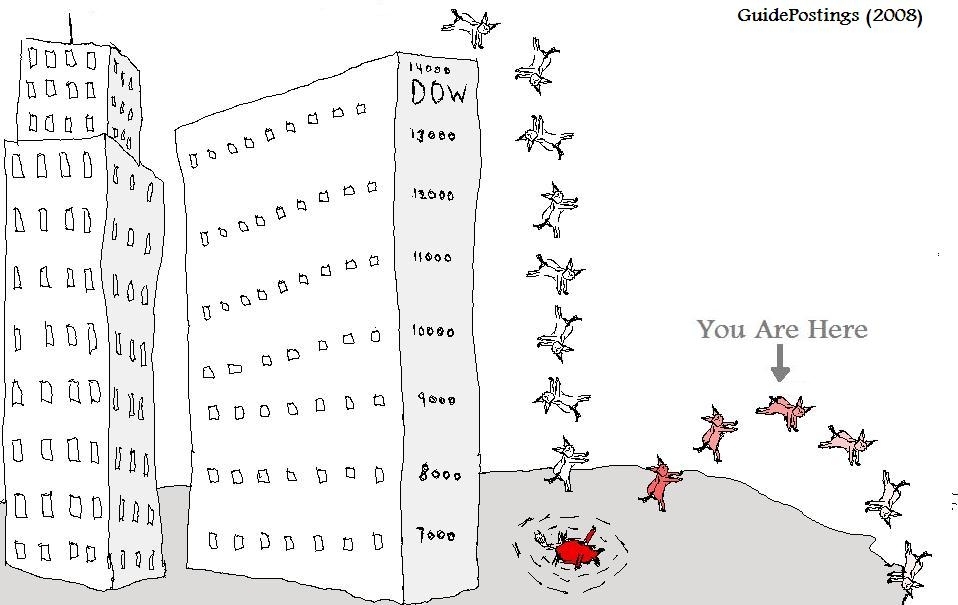 What Can The Great Depression Teach Us About Our Great Recession Seeking Alpha
What Can The Great Depression Teach Us About Our Great Recession Seeking Alpha
 Trading The Dead Cat Bounce Pattern Thelivetraderoom
Trading The Dead Cat Bounce Pattern Thelivetraderoom
 Annual Refugee Arrival Data By Resettlement State And Country Of Origin U S Policy Allows Refugees Of Speci Refugee Crisis Common Core Ela Standards History
Annual Refugee Arrival Data By Resettlement State And Country Of Origin U S Policy Allows Refugees Of Speci Refugee Crisis Common Core Ela Standards History
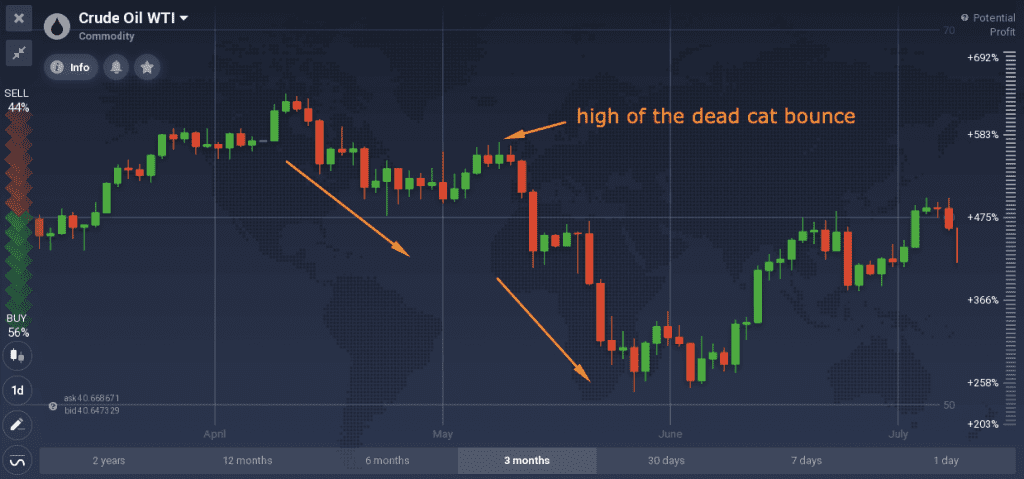 Trading With The Dead Cat Bounce Pattern
Trading With The Dead Cat Bounce Pattern
 Raymond Devoe Jr Longtime Financial Writer Who Coined Phrase Dead Cat Bounce Dies At 85
Raymond Devoe Jr Longtime Financial Writer Who Coined Phrase Dead Cat Bounce Dies At 85
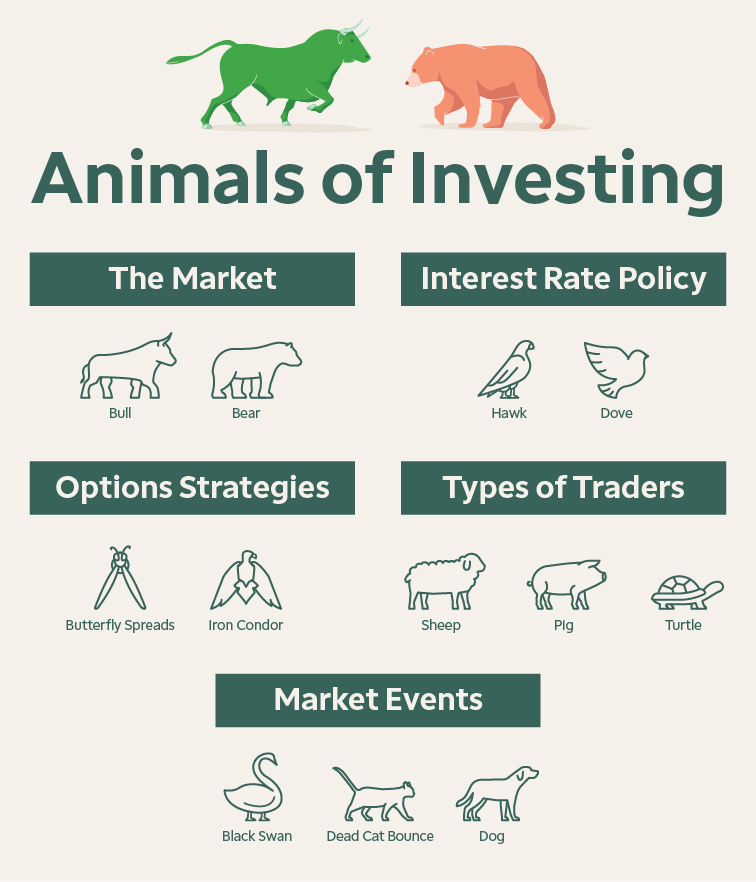 Stock Market Menagerie Bulls Vs Bears Td Ameritrade
Stock Market Menagerie Bulls Vs Bears Td Ameritrade
How To Identify A Dead Cat Bounce In Stock Markets
 Macrocosmic Thinking Dead Cat Bounce
Macrocosmic Thinking Dead Cat Bounce
Where Did Forex Slang Come From The Main Forex Terms And The History Of By Liteforex Traders Blog Www Liteforex Com Blog Medium
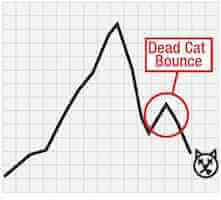 The Phrase Dead Cat Bounce Meaning And Origin
The Phrase Dead Cat Bounce Meaning And Origin
 What Are Dead Cats And Why Are Outdoor Microphones Furry My New Microphone
What Are Dead Cats And Why Are Outdoor Microphones Furry My New Microphone
 What Is A Dead Cat Bounce Smartasset
What Is A Dead Cat Bounce Smartasset
 Dear Journalists Please Stop Calling Everything A Dead Cat Prospect Magazine
Dear Journalists Please Stop Calling Everything A Dead Cat Prospect Magazine
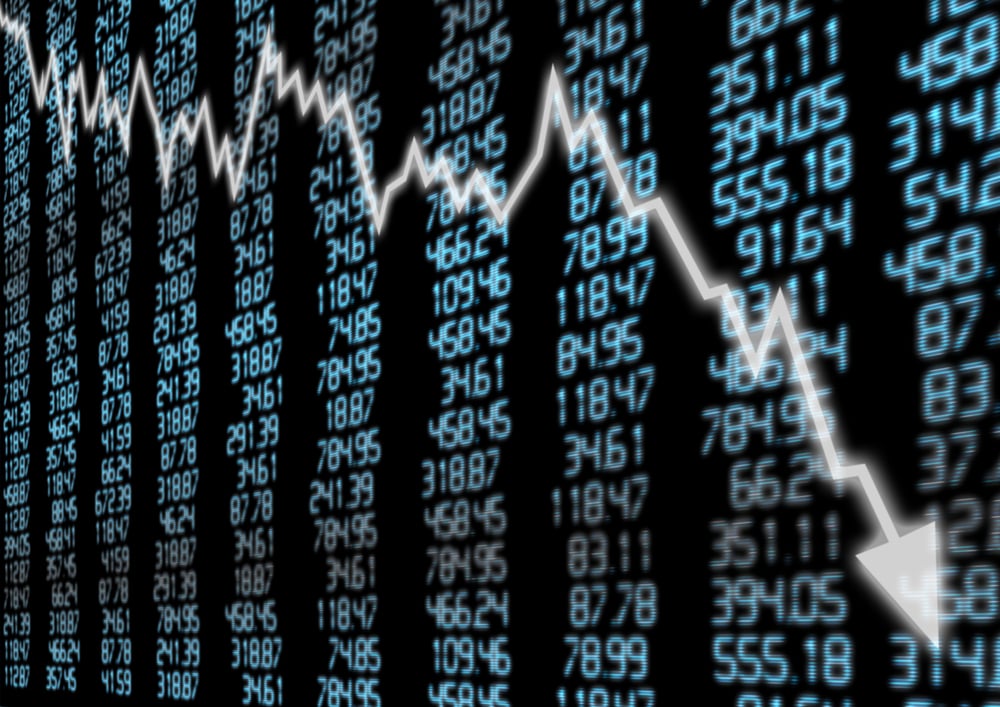 What Is A Dead Cat Bounce Marketbeat
What Is A Dead Cat Bounce Marketbeat


:max_bytes(150000):strip_icc()/Clipboard01-c2c4a2d12c05468184b82358f12a1af5.jpg)

Post a Comment for "Dead Cat Bounce Idiom Origin"